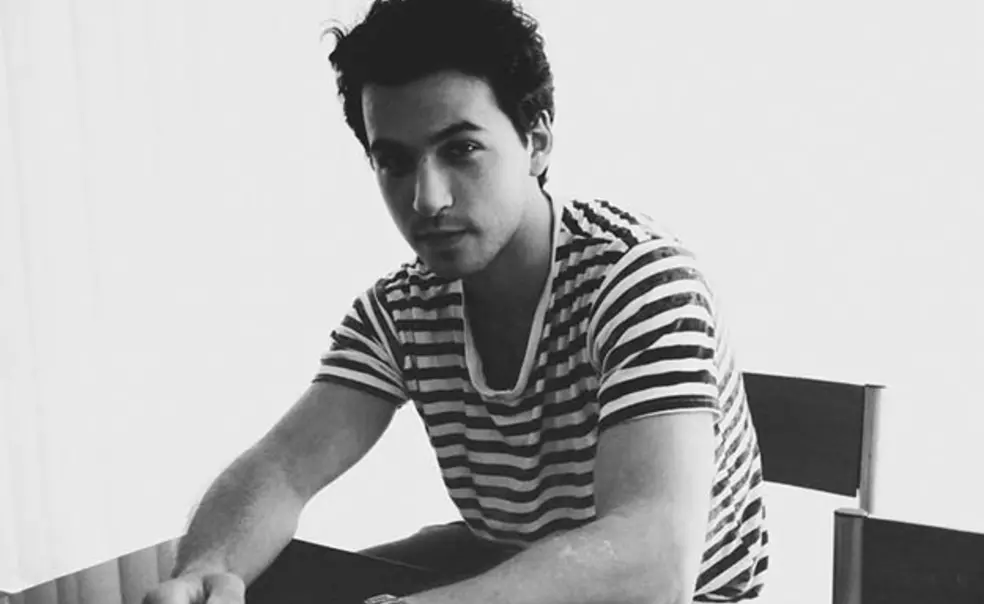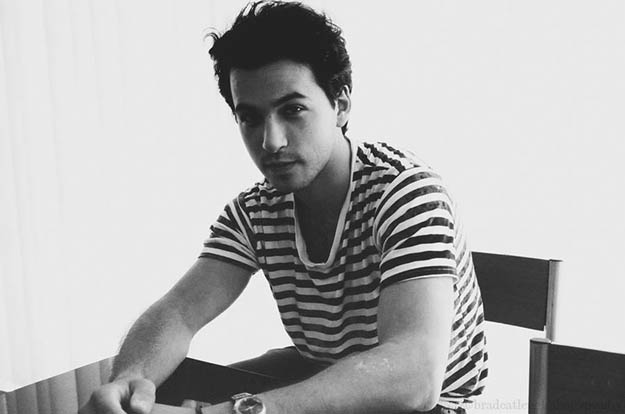Tiger of the Week: Journalist Ben Taub ’14
Earlier this month, Ben Taub ’14 published what for many journalists would be considered a crowning jewel in their careers: a 9,000-word investigation into the European jihadi pipeline that ran as a cover story in the June 1 issue of The New Yorker.
In a sense, Taub had already begun working on the piece two years ago, when he first spent a summer on the Turkish-Syrian border in 2013, supported by a grant from Princeton’s Council of the Humanities. He returned to that dusty town of Kilis, Turkey, in the summer of 2014, where he met two middle-aged Belgian fathers.
“One of them, Dimitri Bontinck, was trying to help the other, Pol Van Hessche, plan a trip into parts of Syria controlled by ISIS, to search for Pol’s runaway jihadi son,” Taub wrote in a blog post for the Overseas Press Club of America. “Dimitri had previously undertaken a similar hunt. In early 2013, his own son, Jejoen, a teen-age Muslim convert, traveled to Syria to fight against Assad’s army, expecting to ‘fall martyr within a short time.’ ”
Taub’s encounter with the two men “provoked a deep interest in the lives of parents whose children run away to join ISIS and al-Qaeda,” he wrote in the blog post. But Dimitri came across to Taub as volatile. “ISIS people were visiting him,” Taub told PAW. It felt “deeply uncomfortable” and “too dangerous,” Taub said, and so he largely avoided Dimitri.
In November of 2014, however, a Belgian source offered Taub a trove of documents, including transcripts of wire-tapped phone calls of Belgian fighters in Syria who were bragging to their friends and families back home about the atrocities they had committed.
“With these documents in hand, and a trip to Belgium in the works, The New Yorker showed interest and the focus of my article began to shift away from the parents,” Taub wrote in his blog post.
Taub spoke to 11 parents of jihadists while reporting for the piece, and had more than 50 hours of recordings from his trip to Belgium alone. It was a long process, Taub said, working slowly and being honest with sources about how much time the interviews would take, and being clear about his uncertainty with where exactly the story was going.
A number of the parents, in fact, did not know much about life in Syria. Their runaway jihadi children were not telling them anything, but because Taub had lived on the borders, he was able to fill in some gaps for them. “We helped each other in some ways,” he said.
“Stories like this matter to me most,” Taub said of his investigation. “I love journalism because it allows you to meet all types of interesting people from all walks of life, and because it allows you to learn.”
“This, for me, was a massive education,” he said.
Taub recently graduated from the M.A. program of the Columbia Journalism School — the New Yorker piece was his thesis — and he will soon be traveling to Jerusalem for a one-month fellowship at the Reuters bureau there.
As for what is to come after the fellowship, Taub said he is preparing a number of future projects that he would like to work on in the long term. “I would love to continue working on big long-form projects, but they take months and months,” he said.
He also has a book proposal in the works covering his last two summers on the Syrian border, detailing the interesting people who passed through what is regarded as “an insane hotel of madness.”
Probed a little more about his future plans Taub, in his signature soft-spoken humility, quipped, “The preferred term is freelance, but the actual term is unemployed.”













No responses yet